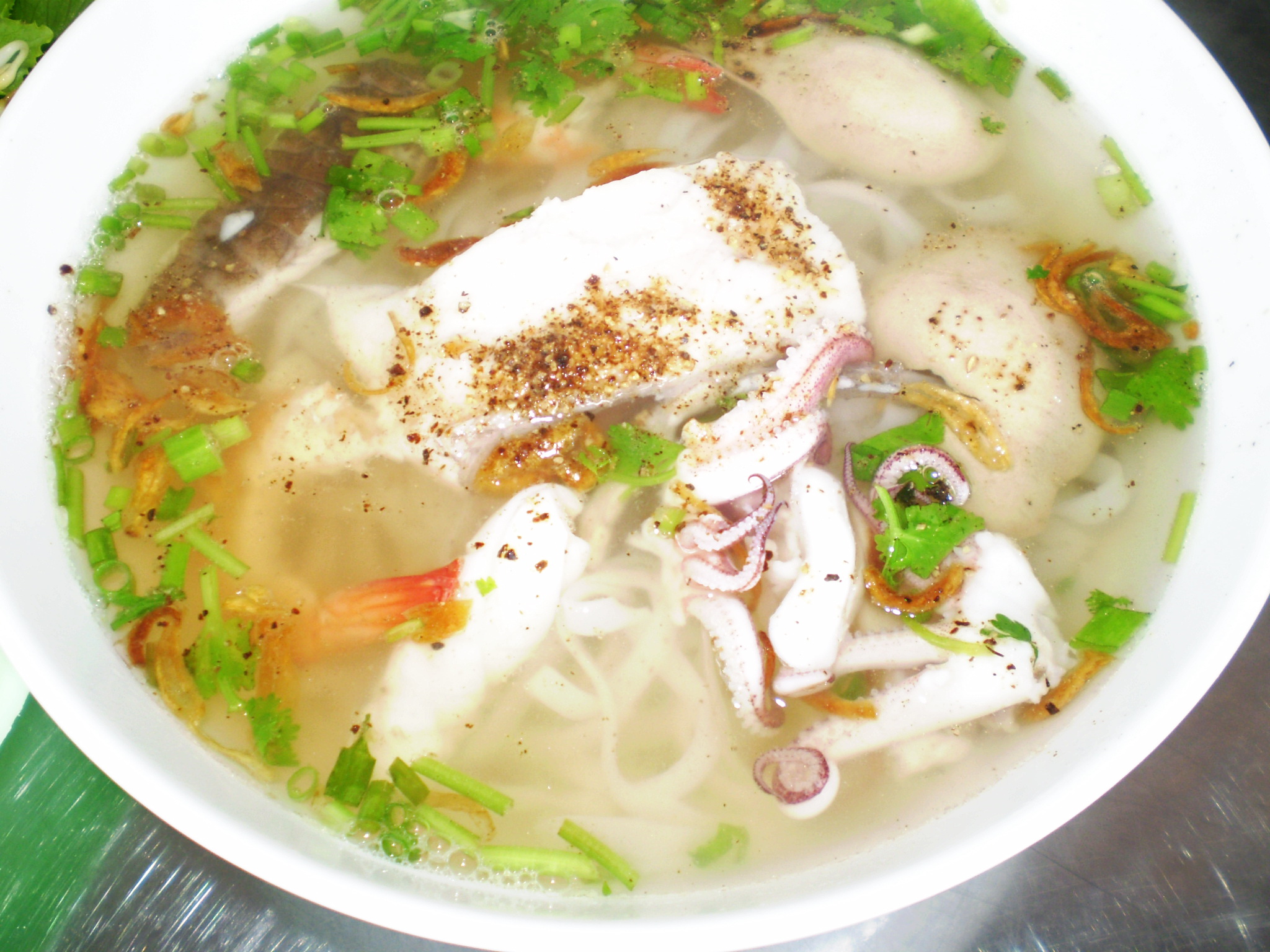My Tho “hu tieu” (stretchy rice noodles), a delicacy in the Mekong Delta in Vietnam, which has been recently honored by the Asian Record Organization, is a long-standing, delectable culinary delight.
The century-old dish was recognized as one of Asia’s top 100 delicacies by the organization in November last year.
The body presented a document to certify this status to Vietnam late last month.
The specialty has been the pride of locals and has strongly appealed to domestic and international tourists for a long time.
The dish is named after My Tho City, the provincial capital of Tien Giang Province in the Mekong Delta because cooks and noodle makers in the city are believed to be the most skillful when it comes to preparing the dish.
An elaborate delicacy
One of the enduring hand-made “hu tieu” makers and traders in My Tho City is Huynh Tai Phuc.
Phuc, 64, said his family has been in the business for over 70 years. The business was handed down to him from his parents, and his children are also practicing the craft and learning to take it over from him.
His business, called Chin Xe, has stuck to most hand-made phases which were adopted by his parents many years ago, except for grinding flour and cutting rounded “hu tieu” sheets into strings.
The two machine-operated phases help save a great deal of time and produce finer strings, he explained.
“We’ve stuck to the hand-made phases in making ‘hu tieu’ adopted by our forefathers dozens of years ago as My Tho ‘hu tieu’ has long been known for its unique taste which can’t be obtained with machinery,” Phuc said.
According to Phuc, My Tho “hu tieu” strings are unique as they are made from pure rice flour which is not mixed with wheat or any other flour.
The strings are thus strong, stretchy and aromatic and do not taste sour or salty.
Owners of several well-loved “hu tieu” shops in the area all compliment Phuc on his premium product and use it to prepare their “hu tieu” specialty (stretchy rice noodles served with broth and pork, beef or any other meat).
Phuc noted that to produce the best-quality “hu tieu” strings, first-class rice is a must.
The key secret to a successful batch of “hu tieu” strings lies in the molding of flour and the intensity of fire to adjust how stretchy the strings should be. The stove must reach the temperature of at least 120°C.
As soon as the sheets are ready, they are rolled and dried in the sun for some three hours before being cut into fine strings.
Appetizing “hu tieu” strings served with broth, meat
The “hu tieu” delicacy needs a special kind of broth in addition to the fine noodle strings.
My Tho City is currently home to some hundred “hu tieu” restaurants and shops.
However, only one or two local shops have retained the special recipe, which has been handed down through generations, according to veteran “hu tieu” makers.
One of them is Quan Ky shop on Ngo Quyen Street in Ward 1. The half-a-century-old shop, which is widely known across the southern region, has received quite a large number of tourists, including foreigners.
According to Dang My Huong, the Quan Ky shop’s 4th successor, over 50 years now, her family has always adopted the same recipe and methods of preparing “hu tieu” with broth and meat.
To make good broth, pig bones – sometimes along with pig offal – dried shrimp, and squids should be stewed for two to three hours.
The mixture then gives the broth a murky look and a rich taste.
Huong stressed that she always keeps the use of monosodium glutamate and sugar to the minimum.
She uses more than 20kg of bones for a pot of broth, which is only enough for 100 bowls of “hu tieu”.
Nguyen Ngoc Minh, head of the Tien Giang Department of Culture, Sports and Tourism said that though My Tho “hu tieu” has long been a delicacy, its new recognition by the Asian Record Organization really means a lot.
The department is planning to hold events devoted to the promotion of the specialty as well as to run training courses in “hu tieu” making and preparing to serve locals and tourists alike.
Meanwhile, the My Tho “hu tieu” village is home to ten large “hu tieu” making businesses, in which most phases are machine-operated.
The village provides Tien Giang, its neighbor Long An Province, and Ho Chi Minh City with 6-7 tons of “hu tieu” strings per day.



















































